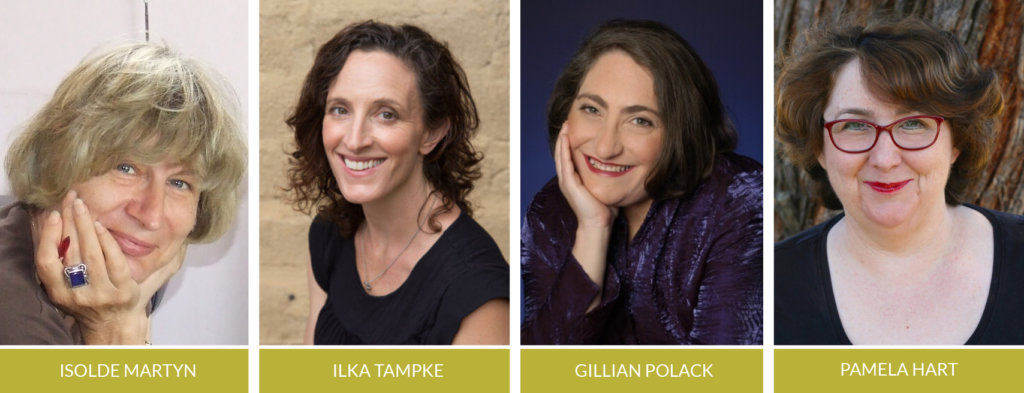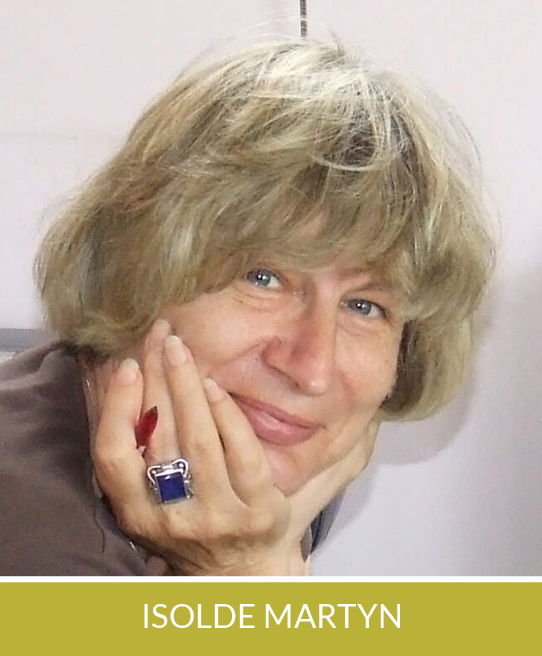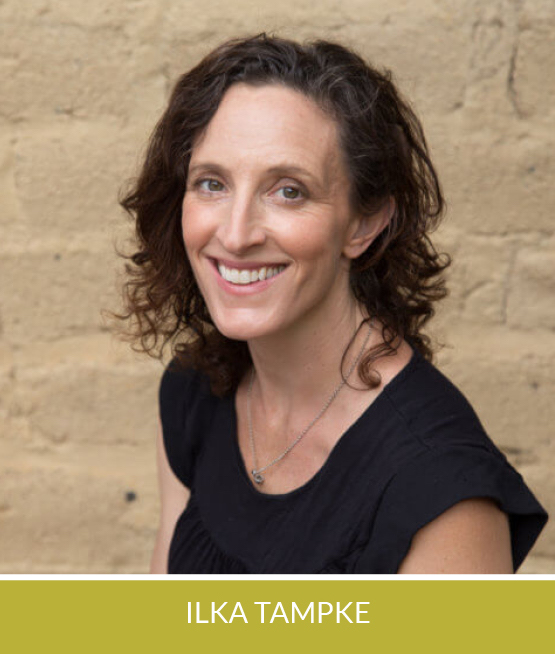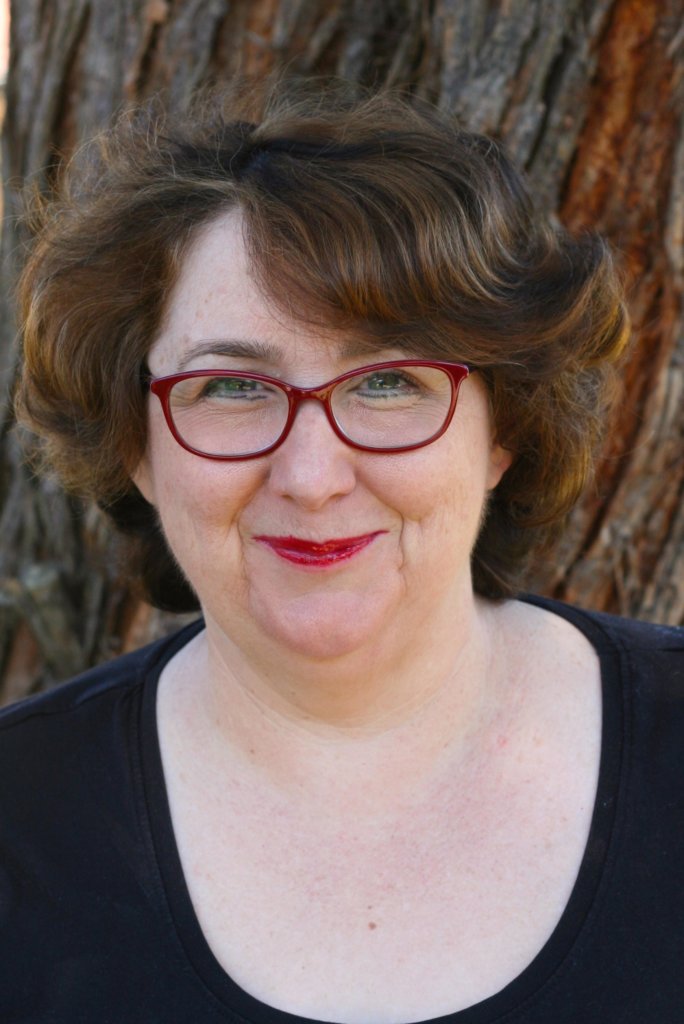
What are the challenges faced in researching pre-history when there are no written records? How do you approach interpreting Middle Age chronicles? Or choose between a plethora of conflicting primary sources when delving into modern history?
In this week’s episode of the Imagining the Past podcast, Isolde Martyn investigates the research challenges faced by Ilka Tampke, Gillian Polack and Pamela Hart when they tried to find answers that may or may not be known.
This episode of Imagining the Past was recorded at the 2019 HNSA Conference.
Our Speakers

Whether it’s the Wars of the Roses or the French Revolution, historian Isolde Martyn is known for award-winning novels that blend political events and romance. Before taking up full-time writing, she edited the Reader’s Digest Motoring Guide to Australia and Foods that Harm, Foods that Heal. Her latest work Troubadour is set in southern France in 1209 and she is currently working on a children’s book.

Ilka Tampke teaches creative writing at RMIT University. Her first novel, Skin, was published in the UK, US, Germany, Denmark, Sweden, the Netherlands and Vietnam. It was nominated for the Voss Literary Prize and the Aurealis Awards in 2016. Ilka is currently working on her third novel and is undertaking a PhD in creative writing at La Trobe University focusing on the connections between people and landscape. She lives on five beautiful acres in the Macedon Ranges of Victoria with her family and too many animals.

Dr Gillian Polack is a writer, editor, researcher and teacher. Four of her books have been shortlisted for awards. One of her short stories actually won an award and others have been listed as recommended reading on international years’ best lists. She has PhDs in Creative Writing and in Medieval History. Her research includes how writers think of history and how they use it in their fiction, and how other aspects of culture are encoded into novels, and demystifying the medieval era, in The Middle Ages Unlocked: A Guide to Life in Medieval England, 1050-1300.

Pamela Hart is an award-winning author of historical novels. Her most recent novel is The Desert Nurse, set in WWI, which tells the story of a nurse working with the ANZAC wounded in Egypt and the Sinai. Her first novel, The Soldier’s Wife, was based on her grandfather’s experience of being wounded at Gallipoli and his life after he returned to Australia. Writing as Pamela Freeman, she is well-known (and highly awarded) as a children’s writer; her books include the NSW Premier’s History prizewinner The Black Dress. Pamela also writes epic fantasy for adults, and is published worldwide by Hachette.
Greg Johnston has edited and hosts the Imaging the Past podcasts sessions from the HNSA 2019 conference program. It is a treat for those who couldn’t attend our conference at Western Sydney University in October last year to hear some of the panel discussions such as this one. It’s also a chance for HNSA 2019 attendees to catch up on the sessions they missed because they couldn’t be in two rooms at once!

G.S. Johnston is the author of three historical novels – Sweet Bitter Cane (2019), The Cast of a Hand (2015), and The Skin of Water (2012), and a fourth novel set in contemporary Hong Kong, Consumption (2011). The novels are noted for their complex characters and well-researched settings. After completing a degree in pharmacy, a year in Italy re-ignited his passion for writing and he completed a Bachelor of Arts degree in English Literature. Feeling the need for a broader canvas, he started writing short stories and novels. Originally from Hobart, Tasmania, Johnston currently lives in Canberra, Australia.




